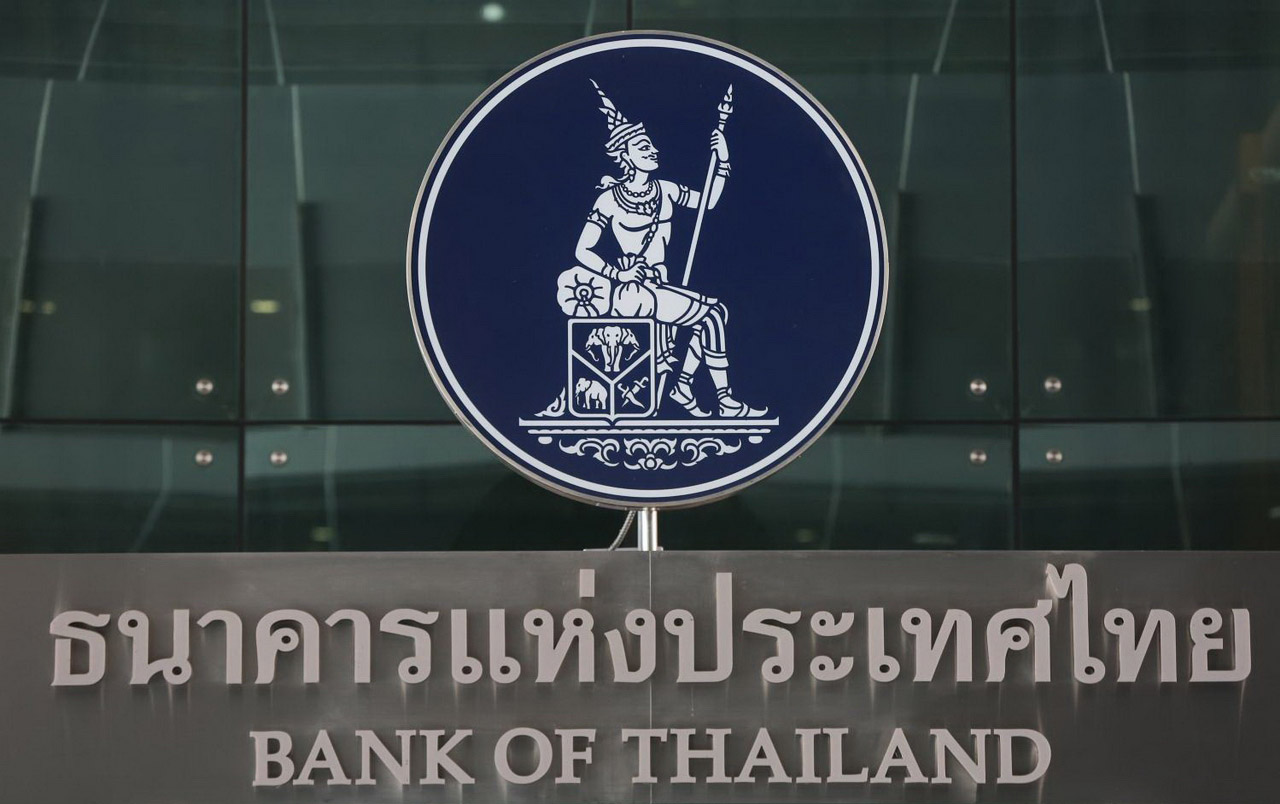Given the disruption suffered by many businesses due to the Covid-19 pandemic, many employers will be asking a very important question – can our company require all employees to vaccinate against Covid-19?
What is at stake?
Employers will be seeking to ensure the wellbeing of their employees and the safe and continuous operation of their business. This has to be balanced against the right of an employee to choose whether to take the vaccine. Although the risks are low, vaccines are not risk-free and employees may object to taking them on other grounds. The answer to this question is dependent on the principles of contract, legal obligations, constitutional protections, and labor law protections. The below takes a holistic view taking all these principles into consideration.
Mandatory vaccines unlikely to be permitted under existing agreements
Most companies in Thailand will have generic statements in their work rules, internal regulations, and/or employment agreements along the lines of “employees shall abide by any valid and conscientious direction of the supervisors, management, and the company.” It is exceptionally rare for any of these documents to explicitly state that the company has the right to request employees to vaccinate. Therefore, the question is, can you still legally request the existing employees to vaccinate without any explicit assistance of these documents and given the current circumstance?
As there is no clear Supreme Court decision precedent for this specific situation, we must therefore look at this from other perspectives. Firstly, as outlined above, there is no contractual stipulation in the employment agreement that will allow the company to request the employees to vaccinate. It is also unlikely that positive consent would have been given from the employee under any agreement. In addition, the work rules and internal regulations, as outlined above, do not specifically require employees to vaccinate. Secondly, currently there is no law that mandates employees to vaccinate or stipulates that lack of vaccination by a person is illegal. Given the factors above it is unlikely that an employer would be able to require employees to vaccinate.
A mandatory order may not be permitted under the Labour Protection Act
An important factor is that vaccines for Covid-19 are still largely unproven concerning their effectiveness and side effects. Therefore, if the employer requires employees to vaccinate, such an order may fall under Section 14/1 of the Labour Protection Act. This prohibits any order that provides improper advantage to the employer over the employees. If such an order does, the court shall have the power to adjudicate that such order be applicable only to the extent that it is fair and appropriate in the circumstances (Section 14/1 of the Labour Protection Act). Given the uncertainties around the Covid-19 vaccines a mandatory order to take the vaccine may not be allowed by the Court.
Furthermore, we have obtained an internal circulation, issued by the Labor Protection Department dated 30 April 2021, providing guidelines for officials to answer external inquiries about forced vaccination. Under such circulation, the officials are instructed to explain that forced vaccination is unlawful so long as there is no employee consent and legal ground. If an employer decides to disallow unvaccinated employees from the workplace, the employer must continue to pay wages. Any conduct constituting termination of employment shall be accompanied by proper severance payment. However, if there is proper suspicion that an employee may have contracted the virus, the employer has the right to request that the employee undergo a medical check and/or vaccination before being allowed back into the workplace. If the employee refuses, the employer has the right to stop wage payments to the employee unless the employee can work from home. The circulation, nevertheless, is silent on a case where an employee is terminated for refusing to take a vaccine.
What are the options if employers consider vaccination is necessary but there is no clear suspicion of the employee contracting the virus?
Some industries may consider that for the safety of their employees and customers, and to ensure confidence in the industry, employees should be vaccinated. However, some employees may not be comfortable with taking the vaccine. One possible option is to obtain the written consent of the unwilling employees to move to a new
role with less human contact. This would avoid the unilateral termination of employment. If the operation of the business is dependent on employees being vaccinated employers may feel they have no option but to terminate the employment of employees who are not vaccinated.
If there is no alternative role for the employee, one possible valid option is to negotiate a voluntary written resignation. A second possible option is to negotiate a settled termination with a severance amount that is in addition to the legally and contractually mandated severance payment and payment in lieu of notice. The additional amount will encourage an employee to mutually agree on amicably separation. The last option is unilateral termination. However, from the employer perspective there is a risk that the court may consider the dismissal as unfair termination. This is because the vaccines are new, and the risks are unknown. Therefore, the order may be deemed as unfair. If the court determines that the termination is unfair, the court may order the employer to reinstate the employee at the same pay level or pay damages in lieu of reinstatement of work duties. As there is no statutory definition of “unfair termination”, what constitutes “unfair termination” as such must be determined by the court on a case-by-case basis. The Supreme Court has ruled that unfair termination means termination of employment for an inappropriate or unjustifiable reason.
Most employees may wish to be vaccinated for the benefit of protection against Covid-19. Others may have concerns about doing so and prefer not to. Employers will have to discuss this with their employees and consider the options to ensure a mutually agreed outcome where possible.
If you require advice on any of the issues raised in this briefing, please contact the authors below.
Chandler MHM Limited
36th Floor, Sathorn Square, Office Tower, 98 North Sathorn Road , Silom, Bangrak, Bangkok 10500 , Thailand.
www.chandlermhm.com





















